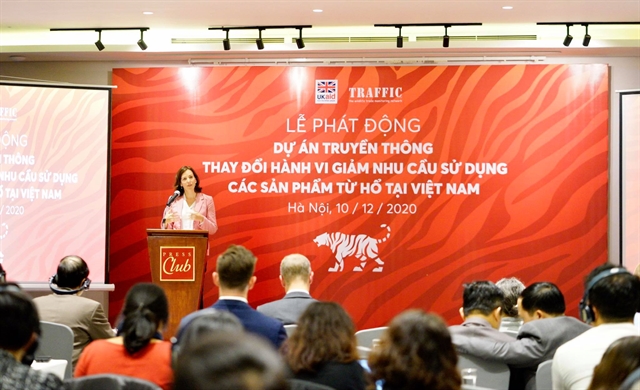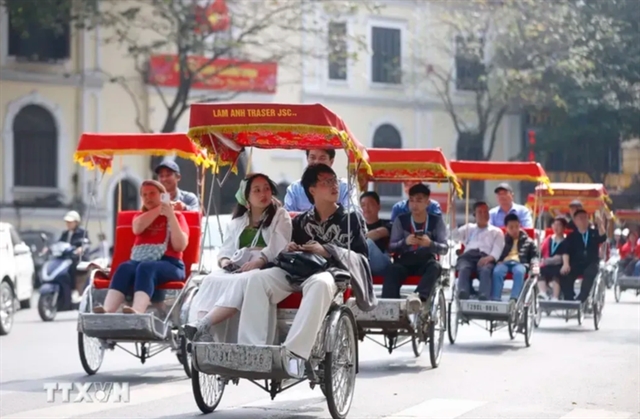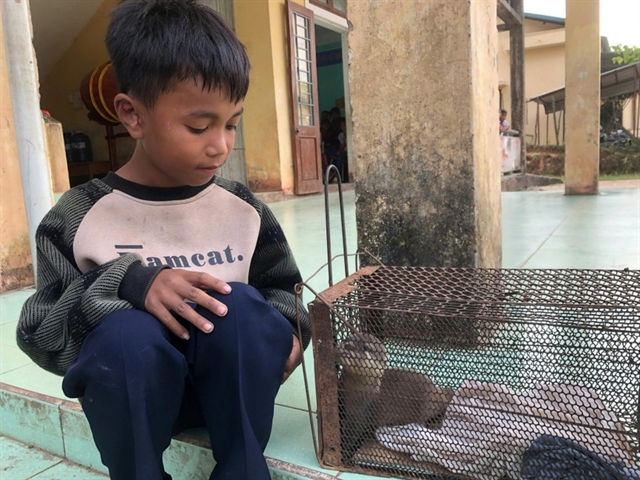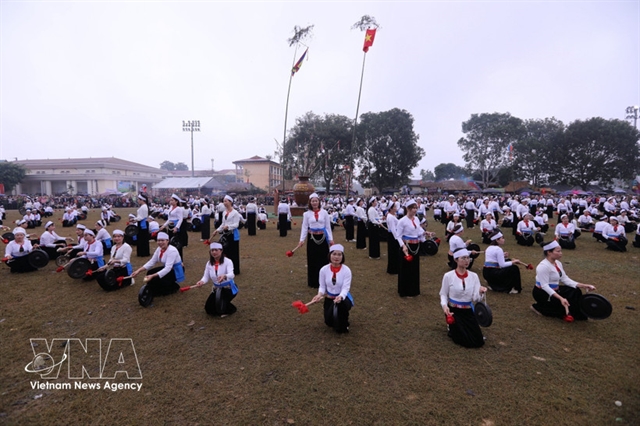 Society
Society


|
| Sarah Ferguson, Director of TRAFFIC’s Việt Nam office, speaks at the launching ceremony of a social marketing programme to reduce demand for tiger products in Việt Nam on Thursday. — VNS Photo Thanh Hải |
HÀ NỘI — Wildlife trade monitor network TRAFFIC on Thursday launched a three-year social marketing programme with an aim to reduce demand for tiger products in Việt Nam.
The project will draw upon the latest in behavioural science to discourage the medicinal use of tiger products in the country, which is recognised as a main destination market for the illegal tiger trade.
“Việt Nam has the power to make a huge impact on the future of tigers. This project will not only work to discourage tiger product consumption, but it will also seek to facilitate the country’s leadership on global conservation issues,” said Sarah Ferguson, Director of TRAFFIC’s Việt Nam office.
The initiative will work to reduce individual consumption demand through a multimedia behaviour change campaign while calling on government partners, such as the National Assembly, Ministry of Health and the Central Party Committee of Communication and Education, to strengthen wildlife protection policies. Partners within the traditional medicine sector will be key project allies as they mobilise their peers against the prescription of illegal wildlife products and promote legal alternatives.
“We support this project as a positive effort to protect the reputation, credibility, and sustainable future development of the traditional medicine sector in Việt Nam,” said Dr. Trần Xuân Nguyên, Head of Medical Professionalism Department of the Việt Nam Oriental Traditional Medicine Association.
Despite legal protections for tigers, demand for tiger products in Việt Nam remains strong, with a TRAFFIC consumer survey from 2017 finding that 6 per cent of Việt Nam’s urban population had used tiger products and that 64 per cent of them would recommend tiger products to others. Tiger bone glue was revealed to be the most popular tiger product and will be the focus of the project.
The project is being funded by the UK government through the Illegal Wildlife Trade Challenge Fund. — VNS




